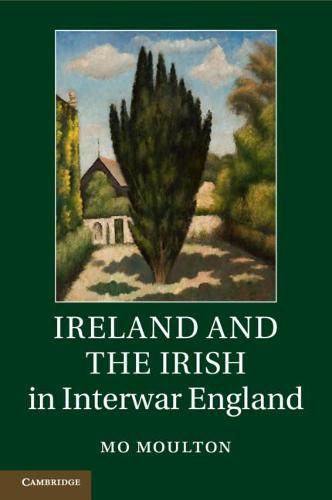Readings Newsletter
Become a Readings Member to make your shopping experience even easier.
Sign in or sign up for free!
You’re not far away from qualifying for FREE standard shipping within Australia
You’ve qualified for FREE standard shipping within Australia
The cart is loading…






To what extent did the Irish disappear from English politics, life and consciousness following the Anglo-Irish War? Mo Moulton offers a new perspective on this question through an analysis of the process by which Ireland and the Irish were redefined in English culture as a feature of personal life and civil society rather than a political threat. Considering the Irish as the first postcolonial minority, she argues that the Irish case demonstrates an English solution to the larger problem of the collapse of multi-ethnic empires in the twentieth century. Drawing on an array of new archival evidence, Moulton discusses the many varieties of Irishness present in England during the 1920s and 1930s, including working-class republicans, relocated southern loyalists, and Irish enthusiasts. The Irish connection was sometimes repressed, but it was never truly forgotten; this book recovers it in settings as diverse as literary societies, sabotage campaigns, drinking clubs, and demonstrations.
$9.00 standard shipping within Australia
FREE standard shipping within Australia for orders over $100.00
Express & International shipping calculated at checkout
To what extent did the Irish disappear from English politics, life and consciousness following the Anglo-Irish War? Mo Moulton offers a new perspective on this question through an analysis of the process by which Ireland and the Irish were redefined in English culture as a feature of personal life and civil society rather than a political threat. Considering the Irish as the first postcolonial minority, she argues that the Irish case demonstrates an English solution to the larger problem of the collapse of multi-ethnic empires in the twentieth century. Drawing on an array of new archival evidence, Moulton discusses the many varieties of Irishness present in England during the 1920s and 1930s, including working-class republicans, relocated southern loyalists, and Irish enthusiasts. The Irish connection was sometimes repressed, but it was never truly forgotten; this book recovers it in settings as diverse as literary societies, sabotage campaigns, drinking clubs, and demonstrations.